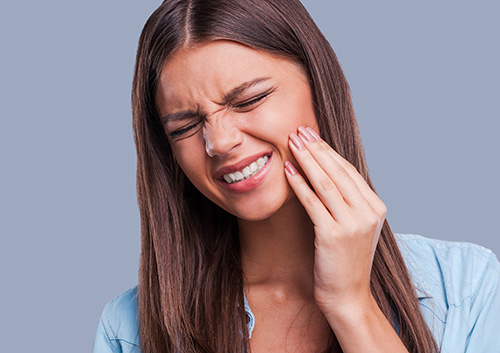Toothache: A dentist or the emergency room?
October 19th, 2022

Emergency care dentists are equipped to handle any tooth emergency. Seeing us first takes less time than having to sit in a hospital emergency room, only to be told to see a dentist. When dental emergencies occur, seek emergency care with Goedecke Family Dentistry as soon as possible. We are prepared and equipped for any type of dental emergency: day or night, seven days a week, we stand ready to advise and treat you with great dental care.
There are several types of dental emergencies, but only one or two should require a hospital emergency room visit. If you suspect you have a broken jaw or nose, emergency medical attention is required. For pain associated with teeth and gums or injury to a tooth, Goedecke Family Dentistry is the better choice. Dental pain almost always becomes worse without treatment, and can create other serious health issues.
If a tooth has been traumatized or knocked out of your mouth, our team can treat the sensitive nerves and tissues that could be damaged. If you can replace the tooth quickly enough, chances are it can be saved. There are certain precautions to take during a dental emergency that could help preserve a tooth until you can see our professional dentists for emergency dental care.
Call our Mt. Pleasant office at the first onset of pain. If you have lost a tooth, crown, or filling, try to keep the tooth or restoration moist. Teeth are strong, but they will crack and shift after an injury or the loss of a bridge or crown. If the crack extends to the root, or the loss of a tooth or crown leaves sensitive tissue or nerves exposed, the pain can be excruciating. Our emergency care dentists will always treat your pain immediately upon examination, and fix the problem or advise you of a plan to address the cause of the pain.
Make your appointment immediately if you have suffered an accident-causing tooth injury. If the pain is the result of decay or cavities, medication for infection may be necessary. Depending on the extent of the decay, a filling, extraction, or root canal may be recommended. These treatments are not available in a hospital emergency room, but can be completed quickly and comfortably at Goedecke Family Dentistry .






